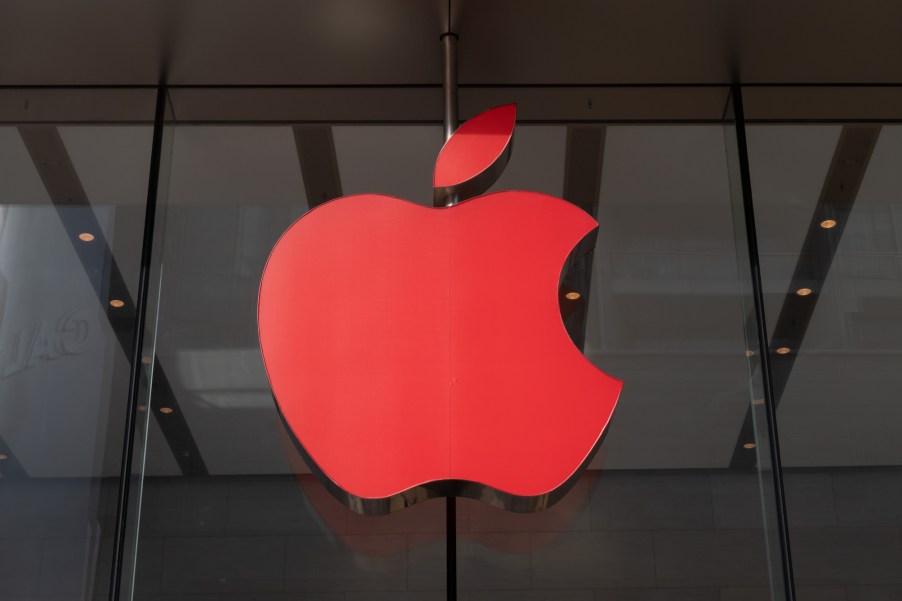
Let’s Hope Apple Car Batteries Don’t Spark Another ‘Batterygate’
Futuristic movies have given us a glimpse at flying self-driving cars. In recent years, there’s also been lots of interest in actual self-driving cars, albeit not the airborne variety. Though the flying version isn’t here yet, tech brand Apple plans to roll out a self-driving electric car by 2024. And its battery will be “next level,” Reuters recently reported. But let’s hope this new battery doesn’t spark another “Batterygate.”
Apple’s self-driving car
According to Reuters, Apple plans to produce a self-driving EV passenger car with Apple battery technology. The effort, called Project Titan, began in 2014. It hasn’t always been smooth sailing, and Apple had paused to “focus on software and reassessed its goals,” Reuters reported. Doug Field, an Apple employee who previously worked at Tesla, took charge of Project Titan in 2018 and reduced the project team’s size in 2019. Apple is working on a personal vehicle while Waymo (owned by Alphabet, Google’s parent company) is building driverless cars for a self-driving taxi service.
Apple is expected to work with partners on the car’s production. Reuters quoted a Project Titan team member as saying, “If there is one company on the planet that has the resources to [manufacture a car], it’s probably Apple. But at the same time, it’s not a cellphone.” Because of the complexities, Apple might decide to make only the autonomous driving system for other auto manufacturers instead of producing the Apple Car.
Apple’s EV battery
The company’s new battery could “radically” lower batteries’ cost while increasing the possible range, Reuters reported. It’s expected to be a monocell design, where the individual cells are enlarged and other spaces within the battery pack are eliminated. With more “active material” inside the battery, the Apple Car could boast a longer range. Apple is looking at using lithium iron phosphate (LFP) rather than other kinds of lithium-ion batteries. This type is less likely to overheat.
The company already had one “Batterygate”
Let’s hope Apple will have fewer issues with its new car battery than it did with iPhone batteries. In December 2017, a scandal broke. Apple had been reducing older iPhones’ battery performance to prevent them from turning off randomly, Business Insider reported. The reduced performance was also meant to make existing users want to buy new phones. The problem came to light after people found that replacing their phone battery improved performance. Soon, the scandal became known as “Batterygate.”
Apple CEO Tim Cook defended Apple in January 2018. He said the company had stated what it was doing to reduce battery performance in older phones. But he also admitted Apple could’ve been more upfront with customers. France and the United States reportedly investigated the company, and customers filed multiple lawsuits that coalesced into a class action.
In early 2020, Apple agreed to a $500 million settlement. iPhone owners in the United States were also eligible for a $25 settlement if they had throttling problems before December 21, 2017. The settlement applied to iPhone 6, 6 Plus, 6S, 6S Plus, or SE with iOS 10.2.1 or iPhone 7 or 7 Plus running iOS 11.2 or later. They had to submit claims by October 6, 2020. In addition to the settlement, Apple also paid large fines in France and Italy.
Yes, it’s exciting that Apple expects to produce a self-driving passenger car with new battery technology in just a few years. But it does bring to mind Batterygate. Let’s hope the company has learned from its mistakes and will be upfront about the new car’s performance.


